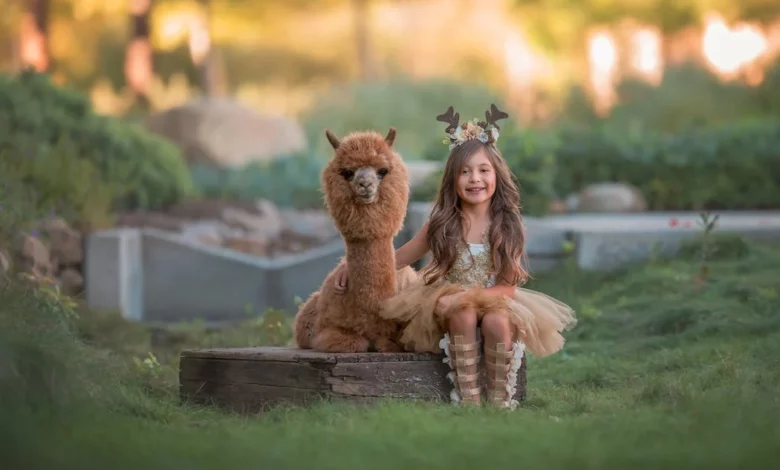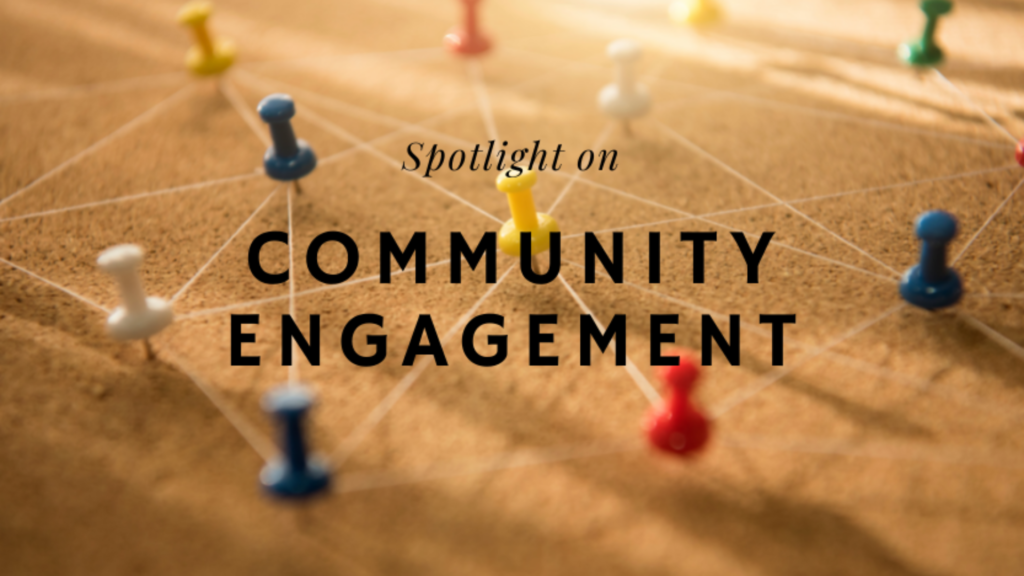Extending “Kids Luv” Beyond the Family Unit

While the core of “Kids Luv” lies in the parent-child relationship, its impact is not confined to the boundaries of the family. The collective expression of love and nurturing extends to the broader community, schools, and society at large.
Community Engagement: Fostering a Culture of Caring

Supportive Communities:
Communities that prioritize the well-being of children contribute to a nurturing environment that complements “Kids Luv” within families.
Shared Responsibility:
Beyond individual households, a community’s collective responsibility for child welfare enhances the overall development of young minds.
Educational Institutions: Nurturing Young Minds
Teacher-Student Dynamics:
Educators play a crucial role in reinforcing “Kids Luv” by creating supportive learning environments that prioritize emotional well-being.
Incorporating Love in Education:
A curriculum infused with love and encouragement enhances the educational experience, making it a joyful journey of discovery.
Societal Impact: Shaping Future Citizens
Long-term Effects:
The cumulative impact of “Kids Luv” on individual children influences the fabric of society, shaping the values and attitudes of future citizens.
Breaking Generational Cycles:
Love has the power to break cycles of negativity, fostering a society where empathy, kindness, and understanding prevail.
Challenges and Solutions in Practicing “Kids Luv”
While the concept of “Kids Luv” is inherently positive, practical implementation can be challenged by various factors. Addressing these challenges is crucial for ensuring that the benefits of love and nurturing are maximized.
Time Constraints: Balancing Responsibilities
Modern Challenges:
The demands of modern life often place time constraints on parents, making it challenging to dedicate quality time to children.
Prioritizing Love:
Finding a balance between work, social commitments, and family time is essential for prioritizing “Kids Luv.”
External Influences: Navigating Media and Peer Pressures
Media Influence:
The pervasive influence of media can sometimes counteract the positive aspects of “Kids Luv” by promoting unrealistic expectations and values.
Teaching Media Literacy:
Parents play a role in educating children about media literacy, helping them navigate messages that may contradict the principles of love and empathy.
Embracing Diversity:
Recognizing and respecting cultural diversity while maintaining the core principles of love is essential for harmonizing various perspectives.
Research and Studies: Unraveling the Science of “Kids Luv”
Advancements in research have provided valuable insights into the neurological, psychological, and sociological aspects of “Kids Luv.” Understanding the scientific underpinnings enriches our comprehension of the profound impact love has on child development.
Neurological Effects: Love and Brain Development
Neurotransmitters and Love:
Studies indicate that the expression of love triggers the release of oxytocin and other neurotransmitters, contributing to emotional bonding.
Long-term Brain Changes:
The consistent experience of “Kids Luv” influences the structural development of a child’s brain, shaping cognitive and emotional functions.
Psychological Well-being: Love as a Protective Factor
Resilience and Coping:
Children who experience love and support are found to be more resilient, better equipped to cope with stress and adversity.
Prevention of Mental Health Issues:
“Kids Luv” acts as a preventive factor in the development of mental health issues, fostering a positive psychological environment.
Social Dynamics: Love and Social Integration
Social Bonds:
Love plays a pivotal role in the formation of social bonds, contributing to a child’s ability to form healthy relationships.
Community Contributions:
Children who experience love are more likely to become positive contributors to their communities, reinforcing the societal impact of “Kids Luv.”
Looking Forward: A Call to Action for “Kids Luv” Advocacy
As we navigate the complexities of contemporary parenting, it becomes imperative to advocate for the principles of and promote its understanding on a global scale.
Parenting Education Programs: Empowering Caregivers
Accessible Resources:
Providing accessible resources and education to parents on the principles of enhances their ability to create nurturing environments.
Community Workshops:
Workshops and support groups can offer a platform for parents to share experiences and learn from one another, fostering a sense of community.
Policy Initiatives: Integrating “Kids Luv” into Societal Structures
Parental Leave Policies:
Advocating for supportive parental leave policies allows parents the time and resources to fully embrace the principles of “Kids Luv.”
School Programs:
Integrating love-centric programs into educational institutions reinforces the values of at an institutional level.
Global Collaboration: Creating a Culture of Love
International Dialogue:
Initiating a global dialogue on the importance of facilitates cross-cultural understanding and collaboration in promoting nurturing environments for children.
Sharing Best Practices:
Learning from successful initiatives worldwide can inform strategies for implementing principles in diverse cultural contexts.
Conclusion: A Legacy of Love and Transformation
In conclusion, the profound impact of is not only a testament to its significance within the family unit but also its potential to shape the course of humanity. As we delve into the realms of neurological, psychological, and sociological understanding, it becomes clear that love is not just a sentiment—it is a transformative force with the power to shape the future.
The journey of ” involves the continuous exploration of new ways to express and reinforce this love, overcoming challenges, and adapting to the evolving landscape of parenting. It is a journey marked by joy, resilience, and the unwavering belief that, through love, we can create a world where every child has the opportunity to thrive, contribute positively to society, and carry forward the legacy of to future generations.



